Choosing the Right Estate Planning Attorney is crucial. You need someone knowledgeable about Texas law. They should understand your goals and concerns. Look for experience and specialization in estate planning. This ensures they are well-versed in Texas-specific regulations. Ask about their approach to estate planning. Every family’s situation is unique. Your attorney should offer tailored advice, not one-size-fits-all solutions.
Imagine
You’re planning a big Texas road trip. You’ve got your snacks, your playlist, and your destination. But wait—did you forget something? Just like you wouldn’t hit the road without a map, you shouldn’t navigate life without a plan for your estate. Choosing the Right Estate Planning Attorney might sound like a search for the future-you to worry about. But it’s actually a crucial step for today. Why? Because life, much like Texas weather, is unpredictable.
So, what’s the short answer on why you should keep reading about Choosing the Right Estate Planning Attorney?
To ensure that your legacy, just like your favorite Texas barbecue recipe, is preserved exactly as you wish. And who doesn’t want to make sure their hard-earned assets are passed on smoothly, without causing a family version of the Texas Showdown?
In this blog, we’re diving into the world of estate planning in Texas—why it’s essential, how to find the right attorney, and making sure your wishes are as respected as the Alamo. We’ll guide you through the legal landscape with the ease of a seasoned cowboy navigating his ranch. From the importance of wills and trusts to understanding probate, we’re covering it all. So, saddle up! Whether you’re a Lone Star newbie or a seasoned resident, there’s something in here for everyone. Keep reading to ensure your estate plan is as solid as Texas pride.
Questions to Ask a Potential Estate Planning Attorney
Prepare questions before your first meeting. Ask about their experience with estates similar to yours. Inquire about their fees and how they communicate with clients. Understanding their process upfront can prevent surprises later. Choose someone who makes you feel comfortable. Estate planning involves discussing personal details. You need an attorney with whom you can share openly.

The Role of an Estate Planning Attorney in Texas
An attorney does more than draft documents. They guide you through complex legal landscapes. They help minimize taxes and avoid probate. A good attorney also considers future changes in laws. They ensure your plan remains effective over time. In Texas, this expertise is invaluable. The state’s unique laws can significantly impact estate planning strategies.
The Process of Estate Planning
Estate planning starts with a conversation. Your attorney will ask about your assets, family, and wishes. From there, they develop a plan tailored to your needs. This might include drafting a will or setting up trusts. They’ll also discuss powers of attorney and advance directives. Each step is designed to protect your legacy and your loved ones.

How to Prepare for a Meeting with an Estate Planning Attorney
Gather important documents before your meeting. This includes lists of assets, debts, and family information. Think about your goals for estate planning. Do you want to protect assets for your children? Are there specific wishes you have for your healthcare? Being prepared helps make the most of your time with the attorney.
| Estate Planning Document | Description and Importance |
| Wills | A legal document stating how your assets are to be distributed after your death. Essential for ensuring your wishes are followed and preventing the state from deciding on asset distribution. |
| Trusts | Allow for more flexible management and distribution of assets, both during your life and after your death. Beneficial for avoiding probate and can offer tax advantages. |
| Financial Powers of Attorney | Designates someone to make financial decisions on your behalf if you become incapacitated. Crucial for maintaining control over your finances when you’re unable to do so yourself. |
| Medical Powers of Attorney | Appoints someone to make healthcare decisions for you if you cannot. Ensures your health care wishes are respected when you can’t communicate them. |
| Advance Directives | Includes living wills and health care proxies, detailing your wishes for end-of-life care. Important for ensuring your medical treatment preferences are honored. |
Common Mistakes to Avoid in Estate Planning
Many people delay estate planning. They think it’s only for the elderly or the wealthy. This is a critical mistake. Estate planning is for anyone who wants to control their legacy. Another mistake is not updating your plan. Life changes, like marriage or the birth of a child, necessitate updates. Avoid these pitfalls to ensure your plan remains effective.
Estate Planning for Specific Situations
Estate planning isn’t one-size-fits-all. A small business owner has different needs than a single parent. Texas law offers various tools to address these unique situations. For example, a special needs trust can protect a disabled family member. Understanding these options can make a significant difference in your estate plan’s effectiveness.

Tax Considerations in Estate Planning
Taxes can erode your legacy if not properly managed. Texas doesn’t have a state estate tax, but federal taxes still apply. Strategic planning can minimize these taxes. Gifting assets during your lifetime is one strategy. Another is setting up charitable trusts. Your estate planning attorney can advise on the best strategies for your situation.
Updating Your Estate Plan
Life changes. So should your estate plan. Review your plan after major life events. Marriage, divorce, births, and deaths all impact your estate plan. Even if your family situation remains stable, laws change. Regular reviews ensure your plan meets your current wishes and complies with current laws.
Probate and Estate Administration in Texas
Probate can be lengthy and expensive. Texas offers ways to simplify or avoid the process. Designating beneficiaries on accounts is one strategy. Setting up payable-on-death accounts is another. These methods transfer assets directly, bypassing probate. Your attorney can guide you through these options, making estate administration smoother for your loved ones.
Estate Planning and Charitable Giving
Charitable giving can be part of your estate plan. It’s not just a way to support causes you care about. It can also provide tax benefits. In Texas, charitable trusts can reduce your taxable estate. Plus, they can offer you income during your lifetime. Discussing charitable goals with your attorney can integrate giving into your overall plan.
Resources and Support for Estate Planning in Texas
There are many resources available. The Texas Bar Association offers guides and attorney referrals. Non-profit organizations provide workshops and seminars. These can be great ways to learn more about estate planning. However, consulting with an estate planning attorney is the best way to get advice tailored to your specific situation.

And just like that
Our journey through the sagebrush and sunsets of estate planning in Texas draws to a close. But before we ride off into the horizon, let’s remember: estate planning isn’t just for the wealthy or the elderly. It’s for anyone who wants to leave a legacy as enduring as a pair of well-worn cowboy boots.
The short answer to choosing the right estate planning attorney?
Estate planning is your roadmap to peace of mind, ensuring that your wishes are as respected as the law of the land in Texas.
Imagine leaving a treasure map where X marks the spot, but instead of gold, it’s your cherished possessions and your final wishes. That’s estate planning, partner. It’s about making sure your loved ones have a clear path to follow, avoiding any unnecessary squabbles that could rival the feuds of old Texas lore.
So, wrapping up
Whether you’re a young gun just starting out or a seasoned rancher looking over your spread, it’s never too early or too late to start planning. Remember, in the great state of Texas, your legacy is as important as your word. Make sure it stands the test of time. Thanks for riding along on this estate planning adventure. Until next time, keep your boots dusty and your will updated. Yeehaw!

Other Related Articles:
- Do I Need an Estate Planning Attorney, Specifically, or Can I Work with a Generalist, Like a Business Lawyer?
- The Role of a Texas Estate Planning Attorney in Probate and Estate Planning
- Preparing to Consult an Estate Planning Attorney
- Mastering Estate Planning in Texas for Non-U.S. Citizens
- Essential Estate Planning in Texas
- Estate Planning and Asset Distribution: Key Considerations
- Mastering Your Legacy: A Guide to Estate Planning in Texas
- How To Choose the Right Probate Attorney In Texas
- The Role Of a Probate Attorney In Texas
- Common Estate Planning Mistakes: Titling your home in your adult child’s name
Frequently Asked Questions:
The average cost can vary widely based on complexity, ranging from $1,200 to $5,000 or more.
Yes, in most cases, Texas law requires an attorney to represent the estate’s interests in probate court.
Salaries vary widely, but the average salary ranges from $75,000 to $120,000 or more, depending on experience and location.
Texas law doesn’t set a specific timeline, but executors are expected to perform their duties without unnecessary delay, typically within 1 to 2 years








